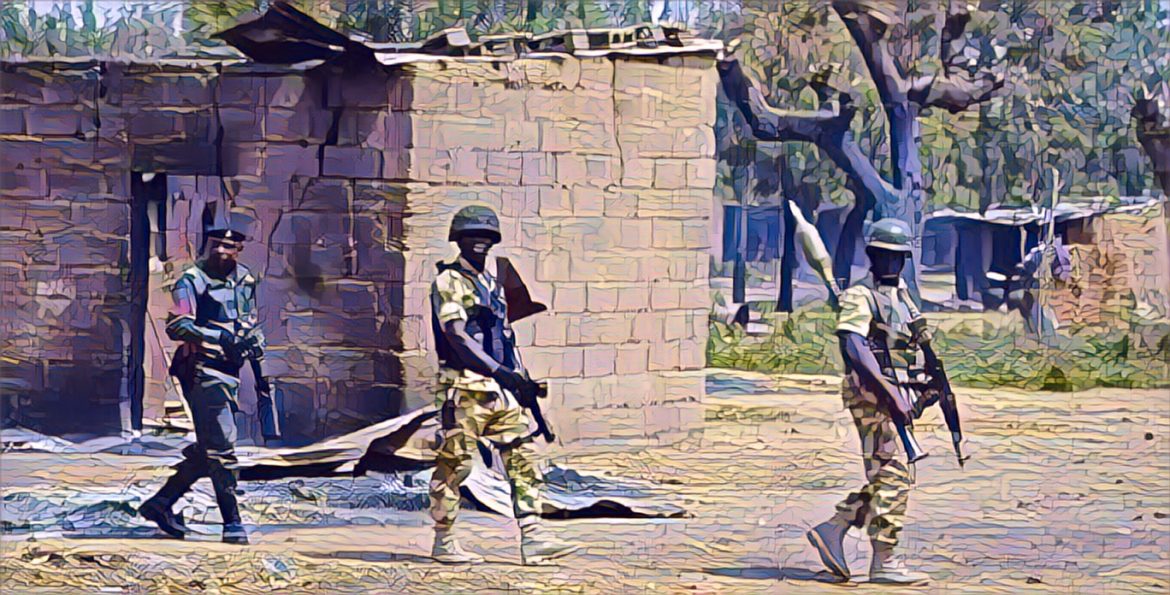Key Points
- Neenyi Ghartey calls for urgent action to resolve the Bawku conflict.
- The conflict has severely disrupted education and healthcare in the region.
- The Chancellor urges peace for national development and unity.
Neenyi Ghartey VII, Chancellor of the University of Education Winneba (UEW), has called on the government and relevant stakeholders to address the ongoing Bawku conflict urgently.
Speaking at the university’s 29th Congregation, he emphasized that the violence in the Bawku region is not just a local issue but a national wound that demands collective healing.
He urged diplomatic, developmental, and security-based strategies to bring lasting peace to the area, noting that this situation affects the whole of Ghana.
“This is not a Bawku issue; this is a national responsibility,” Neenyi Ghartey stated in a passionate appeal. He highlighted the need for the government to treat the conflict with the seriousness it deserves, stressing the urgency of resolving it for the benefit of the country’s future.
Impact of conflict on Bawku’s education and economy
The Bawku conflict, which has persisted for years, continues to impact various sectors, including education and health care. According to the Ghana National Association of Teachers (GNAT), the ongoing instability has caused severe disruptions in education.
Local teachers have faced challenges such as not being able to hold district conferences and a lack of new teachers willing to work in the area.
“The conflict has been detrimental to education in the region, with many teachers seeking transfers and new teachers refusing postings to Bawku,” said King Awudu Ali, President of the Pre-tertiary Teachers Association of Ghana.
Ordinary citizens, particularly in Bawku, suffer from these disruptions, leading to a prolonged cycle of suffering and lost opportunities for the youth.
Call for peace from Bawku’s traditional leader
Neenyi Ghartey, who is also the Paramount Chief of the Effutu Traditional Area, spoke about the resilience and industrious spirit of the Bawku people.
However, he acknowledged that the ongoing violence has torn families apart, disrupted education, and left livelihoods in ruins.
He urged the people of Bawku to prioritize peace and unity. “Let peace reign. Let the guns go silent,” he implored, calling on both the youth and elders to become agents of peace.
Neenyi Ghartey stressed that peace is crucial for national development and cohesion, as it provides a foundation for prosperity.
“Peace is not weakness; peace is strength, dignity, and vision,” he added, reminding all Ghanaians that a peaceful country is key to building a prosperous future for all its citizens.




